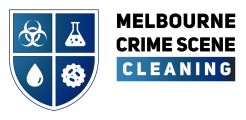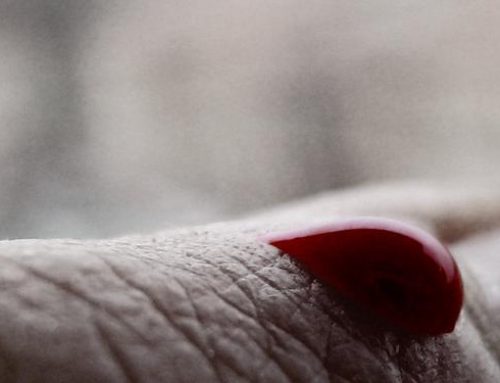Crime Scene Cleaning is physically and mentally exhausting. Full body suits, latex gloves, long pants and full-face respirators are common practice in the hot summer months, leading to exhaustion and heat stroke
It takes a special kind of person to work in the field of crime scene clean up. You need a strong stomach and nerves of steel, because your job involves cleaning up human remains left behind by medical examiners, chemicals, or potentially harmful viruses or bacteria. Crime scene cleaners typically complete HAZMAT and bio-recovery training courses on the hazards of cleaning up human waste and best practices.
Working Hours
Most crime scene clean up technicians don’t work the normal 9 to 5. Instead, they’re on call over the weekends, week nights and even public holidays. Because the work isn’t consistent like the average desk job, regular hours aren’t efficient or cost effective for employers. Because you need to be able to work at a moment’s notice, you can’t be out of town, under the influence of alcohol, or otherwise unavailable when called.
Biohazard and Waste Cleanup
One of the main job duties is cleaning up human waste. This includes cleaning blood off walls and objects, ripping out or cleaning carpeting, cleaning or disposing of furniture, and bagging loose human remains the coroner has left behind. You must wear appropriate protective gear regardless of the environment or temperature. Full body suits, latex gloves, long pants and shirts and full-face respirators are common practice in the hot summer months, potentially leading to exhaustion and heat stroke. For that reason, crime scene cleaners must be physically fit and able.
Hazardous Chemicals
Another common clean-up situation is when criminals such as meth dealers are apprehended, and the potentially toxic chemicals left at the crime scene need proper disposal. Training for crime scene cleaners typically covers the personal protective equipment you need to wear, how to handle various chemicals, proper disposal methods and accounting for all inventory. You treat all substances at a crime scene as potentially hazardous, even if they’re labelled otherwise, because they could be mislabelled to prevent detection by authorities.
Infectious Agents
Perhaps the most dangerous situation for a crime scene clean-up expert is being called to clean a potentially infectious substance site. If you’re dealing with infectious agents, you have to wear hot, heavy protective gear, such as a Hazmat suit, double-filter respirators and chemical-spill boots. Your training covers respiratory protection, official communication channels, awareness of your personal space and labelling procedures. It’s important all procedures are followed to the letter, or you risk infecting not only yourself, but countless others by being careless.



